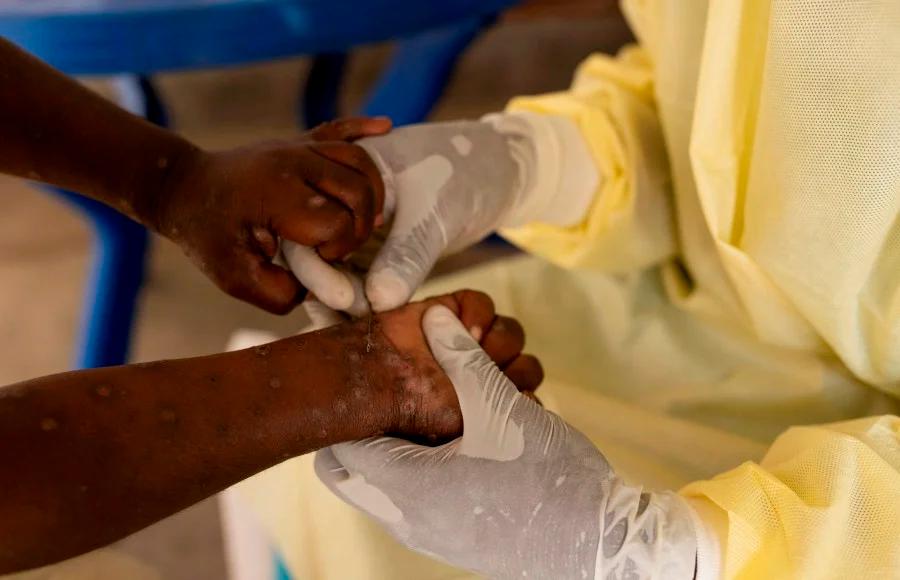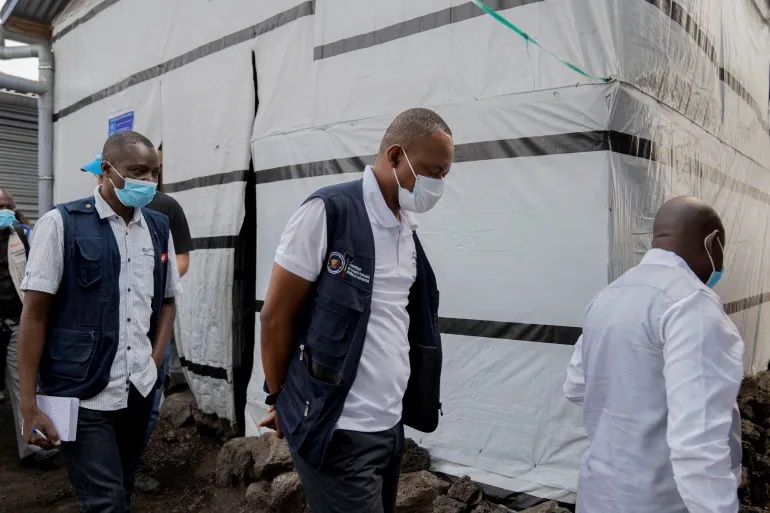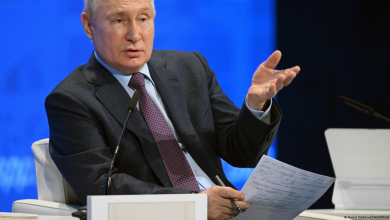WHO declares mpox outbreak a global health emergency

The World Health Organization (WHO) has officially declared the ongoing mpox outbreak in certain regions of Africa a public health emergency of international concern.
Previously known as monkeypox, this highly contagious disease has already claimed the lives of at least 450 individuals during its initial outbreak in the Democratic Republic of Congo.
Now, the virus has spread to parts of central and east Africa, prompting concerns among scientists about the rapid transmission and high fatality rate of a new variant.
WHO Director-General Tedros Adhanom Ghebreyesus expressed grave concerns about the potential for further spread within Africa and beyond, stating that the situation “is very worrying.”
He emphasized the need for “a coordinated international response” to halt the outbreak and save lives.
Mpox is primarily transmitted through close contact, including sexual activity, skin-to-skin contact, and close proximity during talking or breathing.
The disease presents with flu-like symptoms and skin lesions and has a fatality rate of four in 100 cases.
Vaccination is an effective method for controlling outbreaks, though vaccines are typically reserved for those at risk or who have been in close contact with an infected person.
There are two main types of mpox: Clade 1 and Clade 2. The 2022 public health emergency was triggered by the milder Clade 2, but the current surge is attributed to the far more deadly Clade 1, which has historically caused up to 10% mortality in those infected.
Mutations around September last year resulted in a new variant, Clade 1b, which has spread rapidly and has been described by scientists as “the most dangerous yet.”
Since the beginning of the year, over 13,700 cases of mpox have been reported in the DR Congo, with at least 450 fatalities.
The virus has also been detected in other African nations, including Burundi, the Central African Republic, Kenya, and Rwanda.
The declaration of mpox as a public health emergency is expected to accelerate research, funding, and the implementation of other international public health measures.
Dr. Josie Golding of the Wellcome Trust called the declaration a “strong signal,” while Emory University’s Dr. Boghuma Titanji stated that it “underscores the gravity of the crisis.”

Prof. Trudie Lang, director of the Global Health Network at the University of Oxford, deemed the declaration “important and timely,” but cautioned that the emergence of a new strain introduces “many unknowns that need to be addressed.”
In July 2022, the milder Clade 2 strain of mpox spread to nearly 100 countries, including those in Europe and Asia, resulting in over 87,000 cases and 140 deaths, according to WHO data.
That outbreak predominantly affected men who have sex with men and was eventually controlled through targeted vaccination efforts.
On Tuesday, the Africa Centres for Disease Control and Prevention also declared a public health emergency.
Jean Kaseya, the head of the organization, warned that the current outbreak could “spiral out of control” if immediate action is not taken.
He stressed the importance of being “proactive and aggressive” in efforts to contain and eliminate the threat.
Source-BBC





